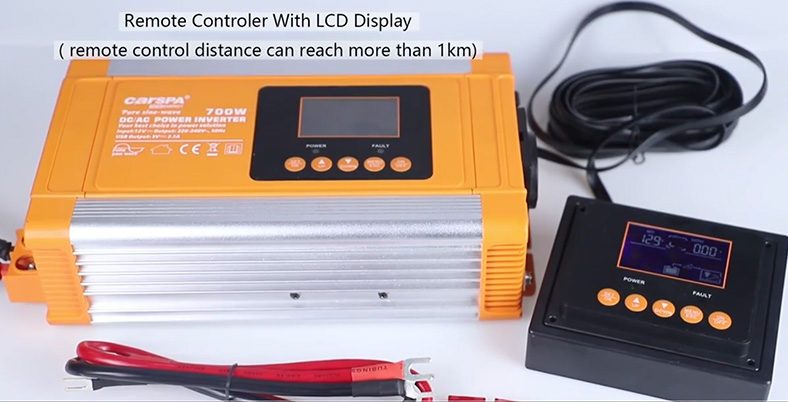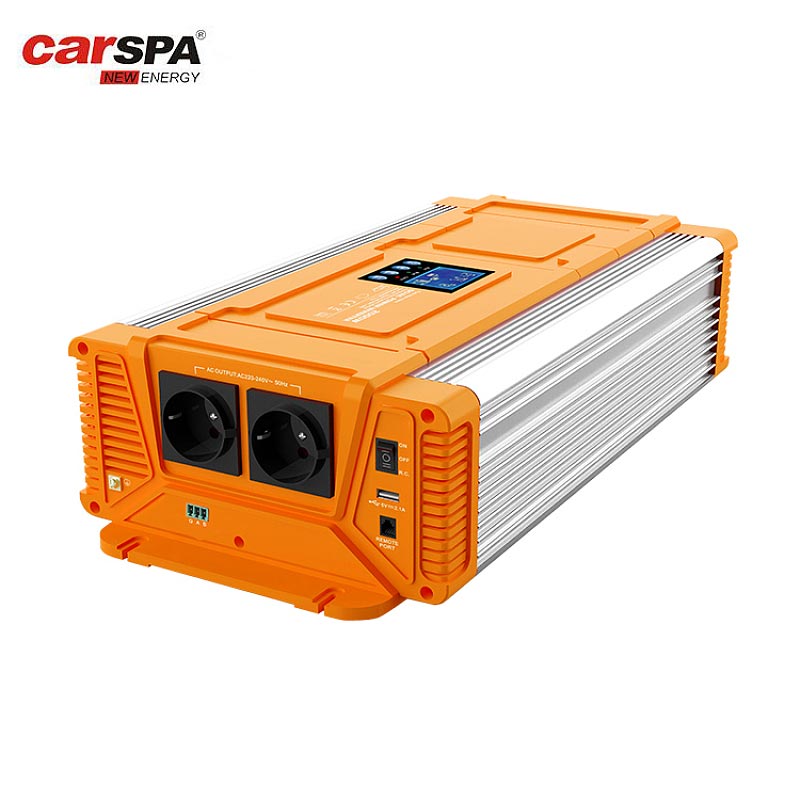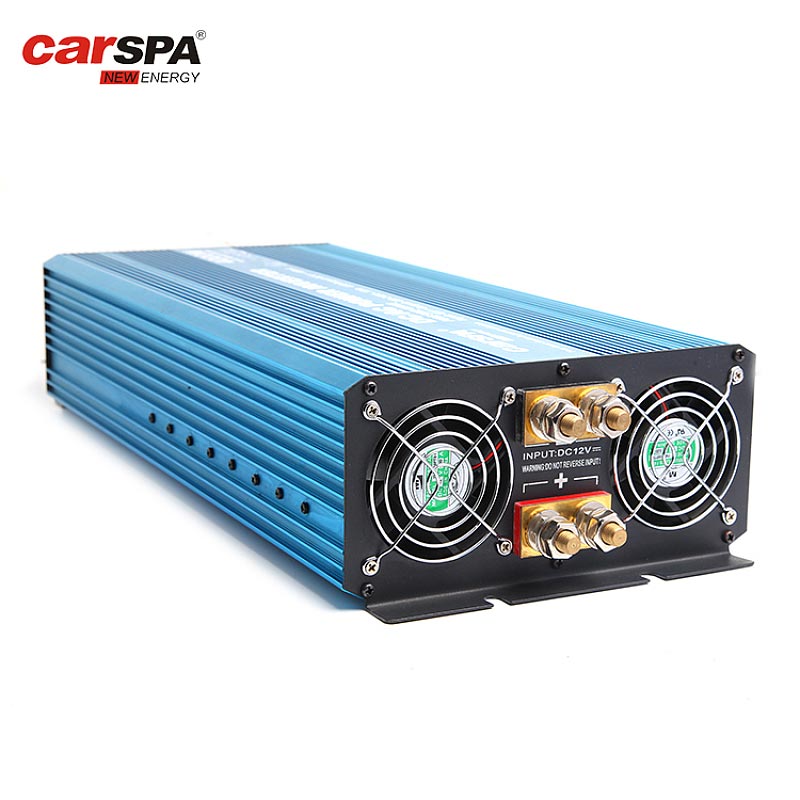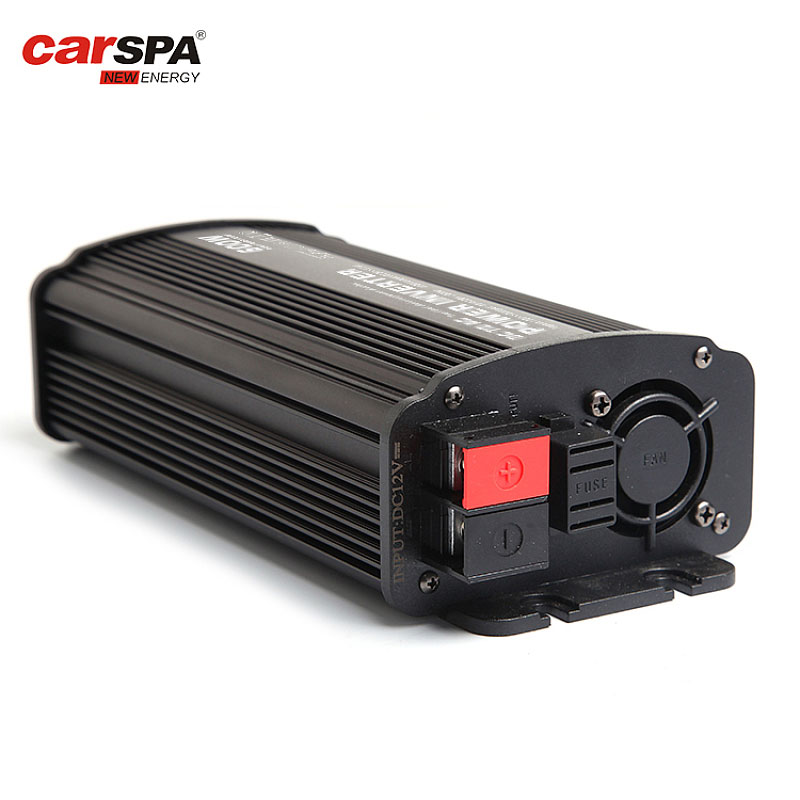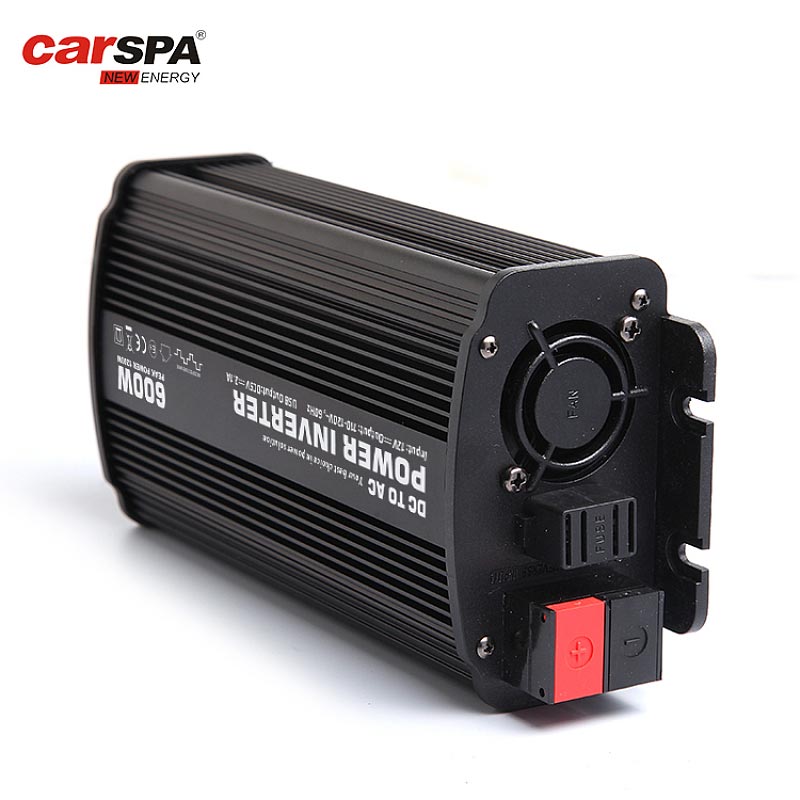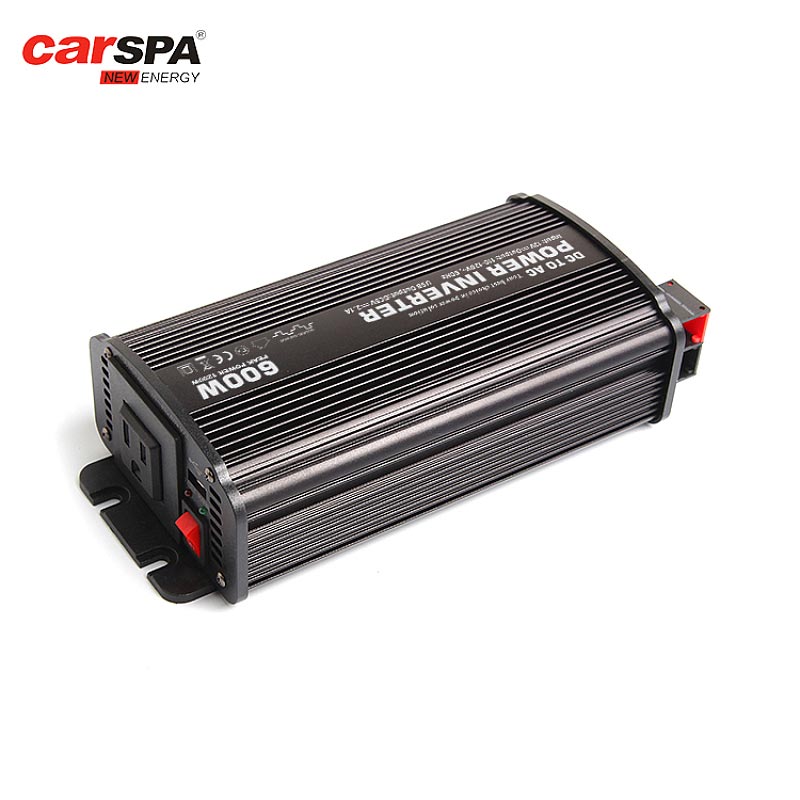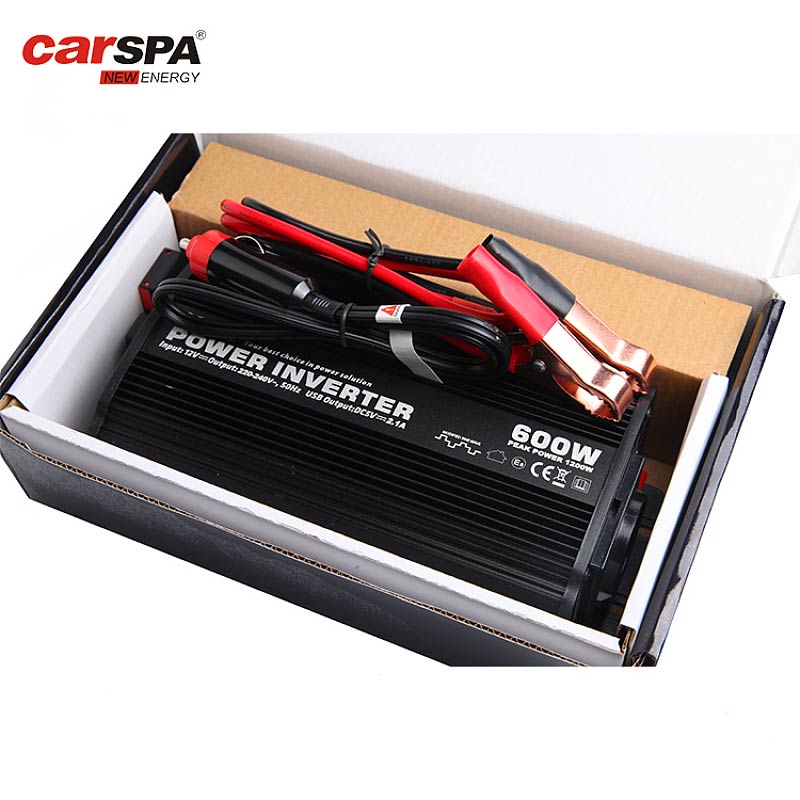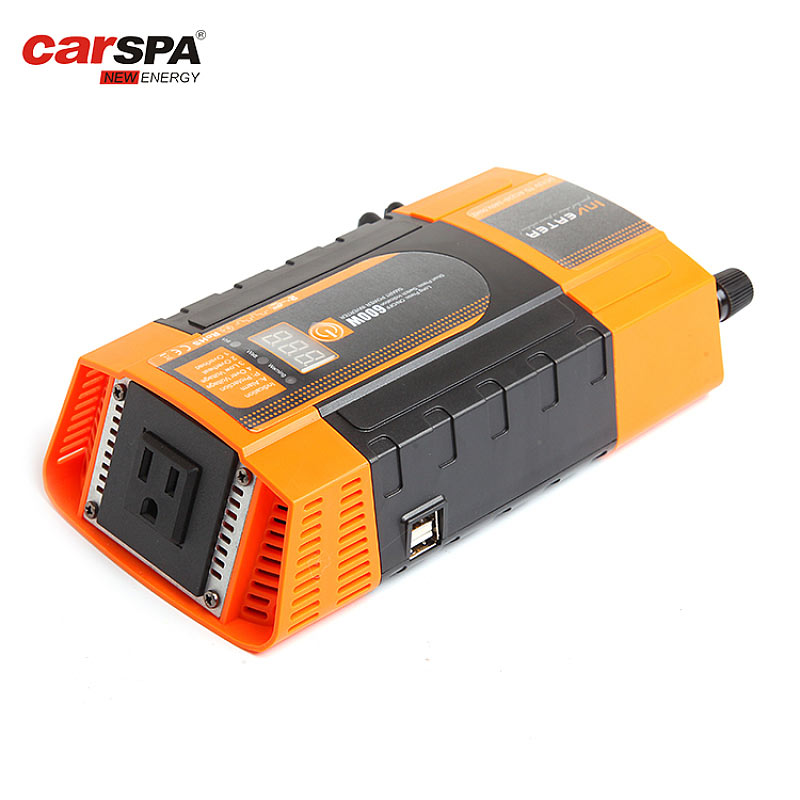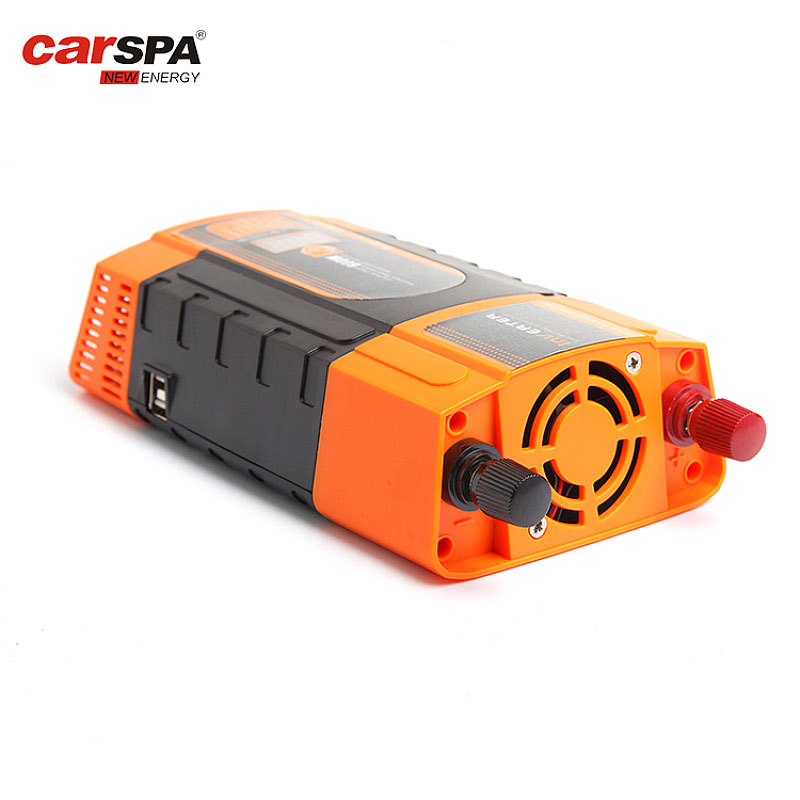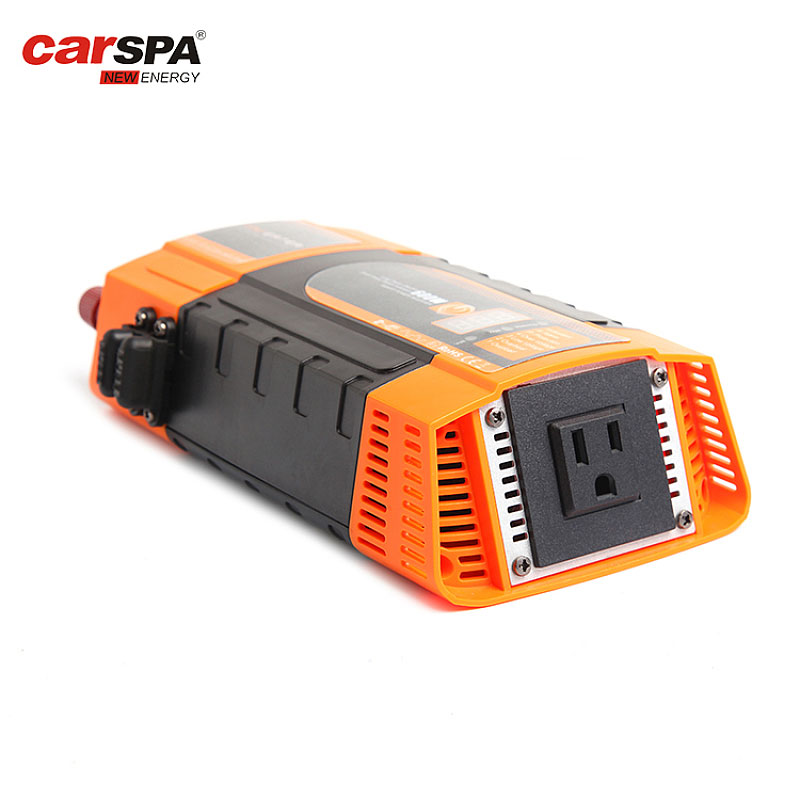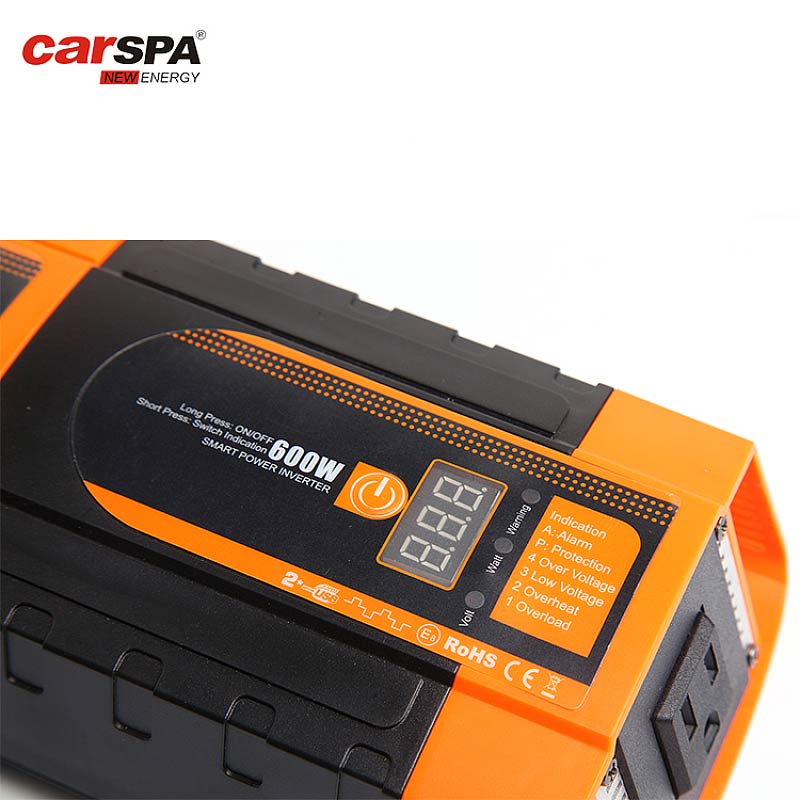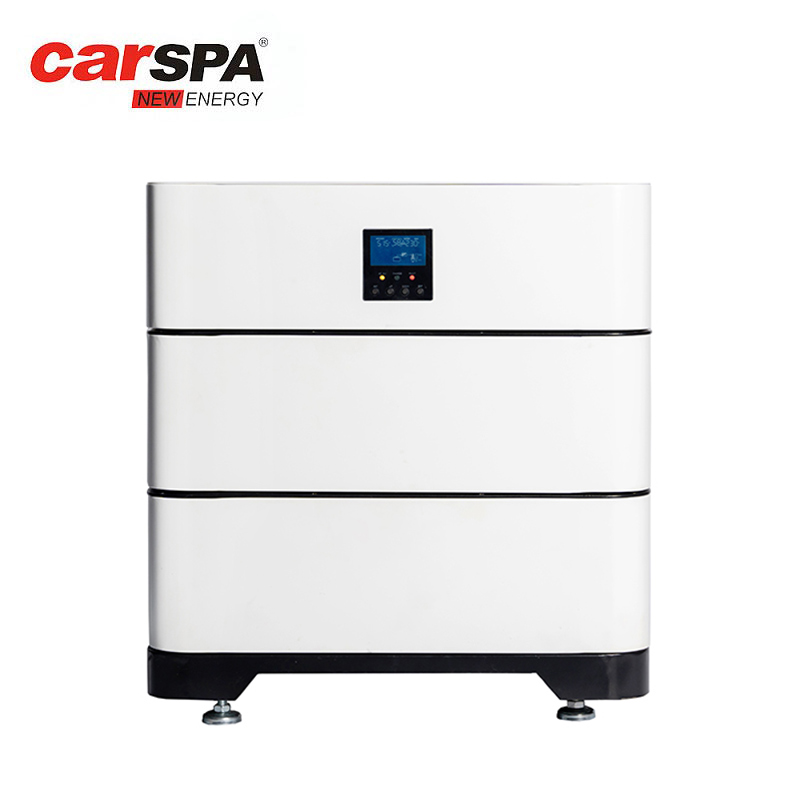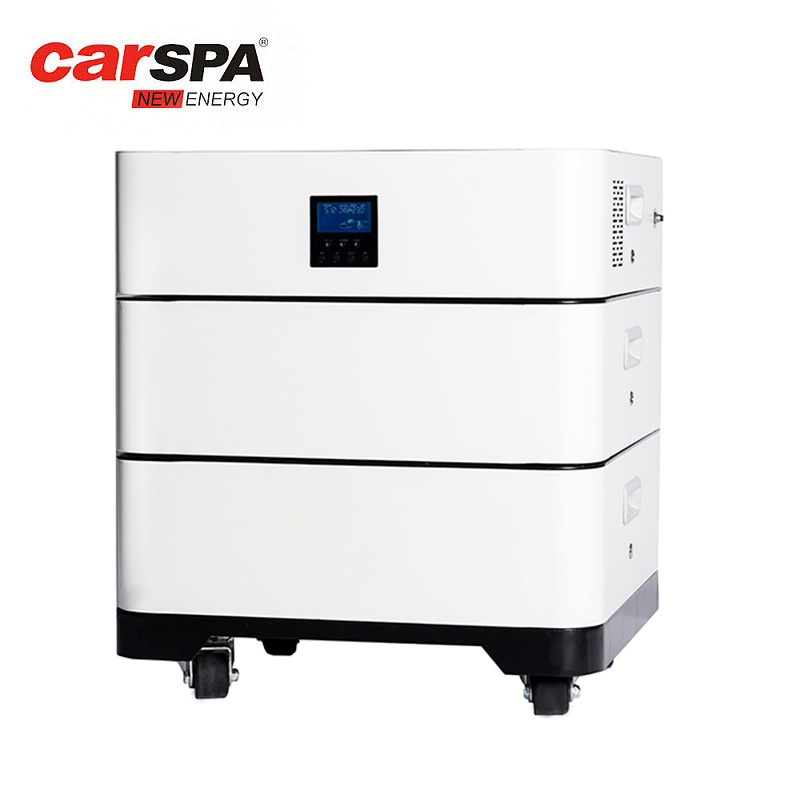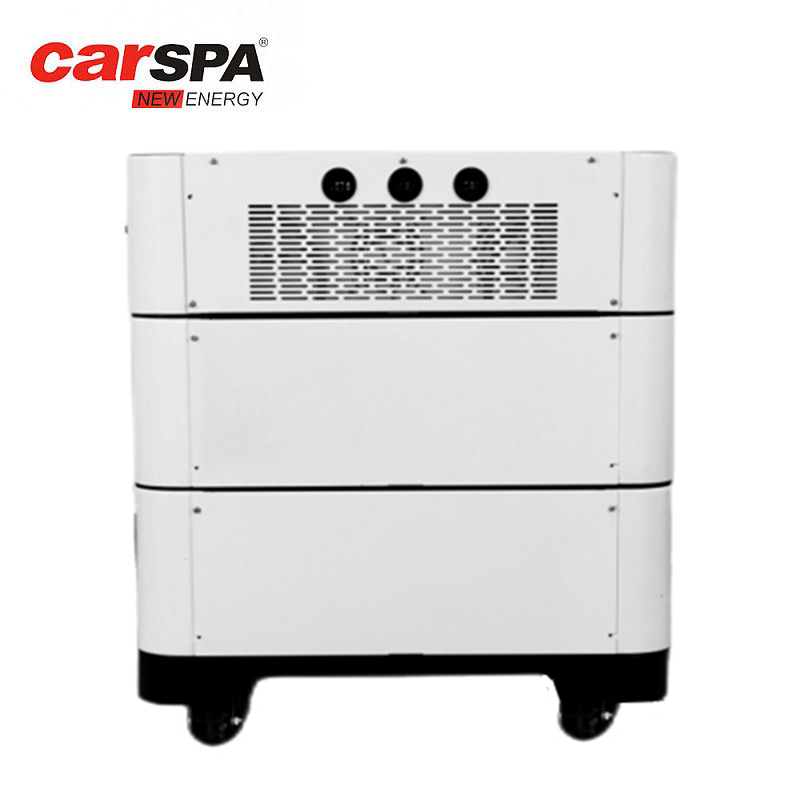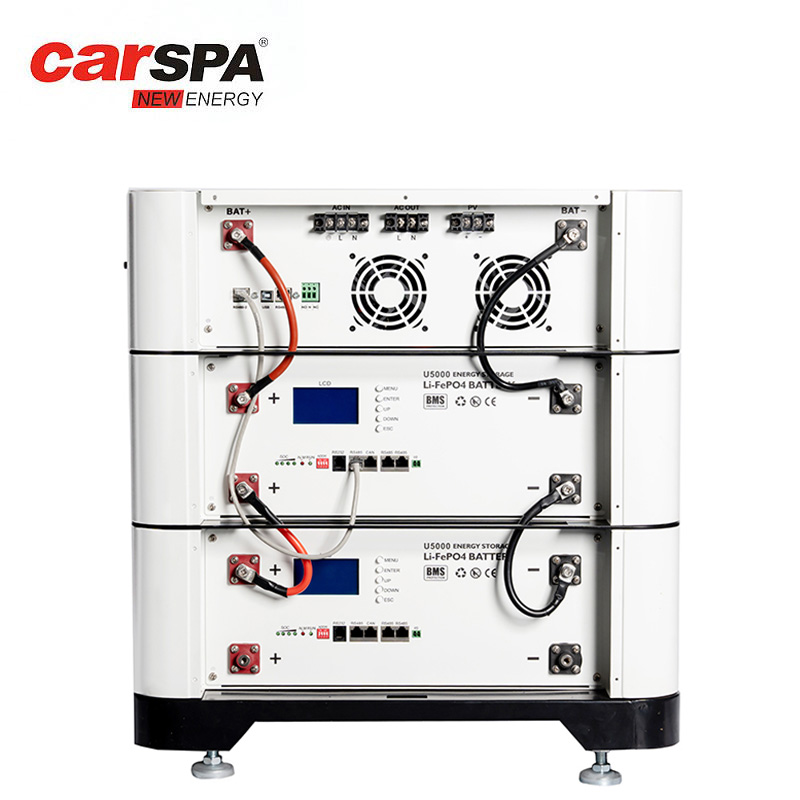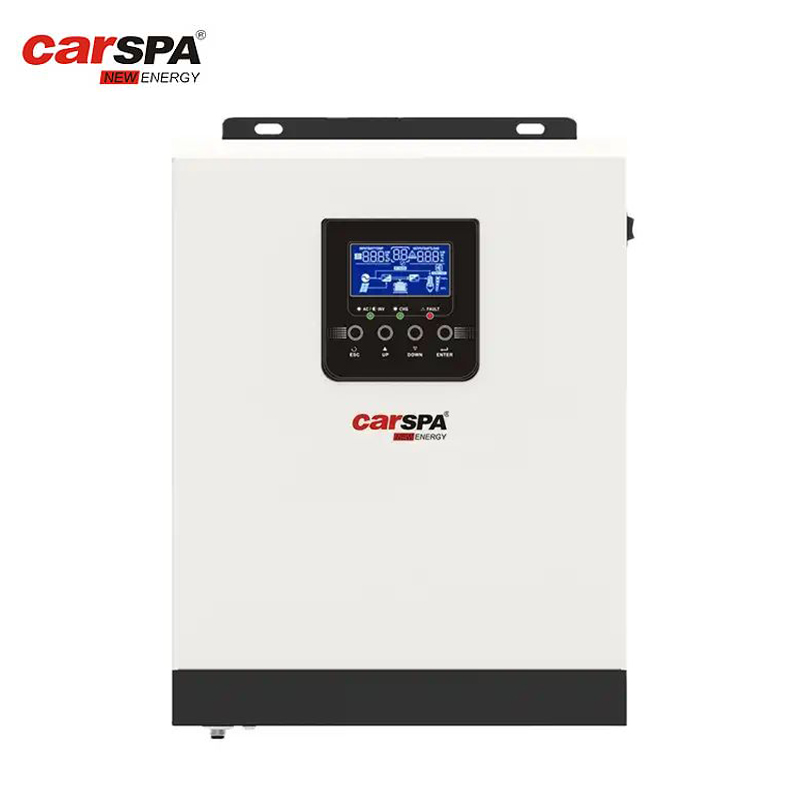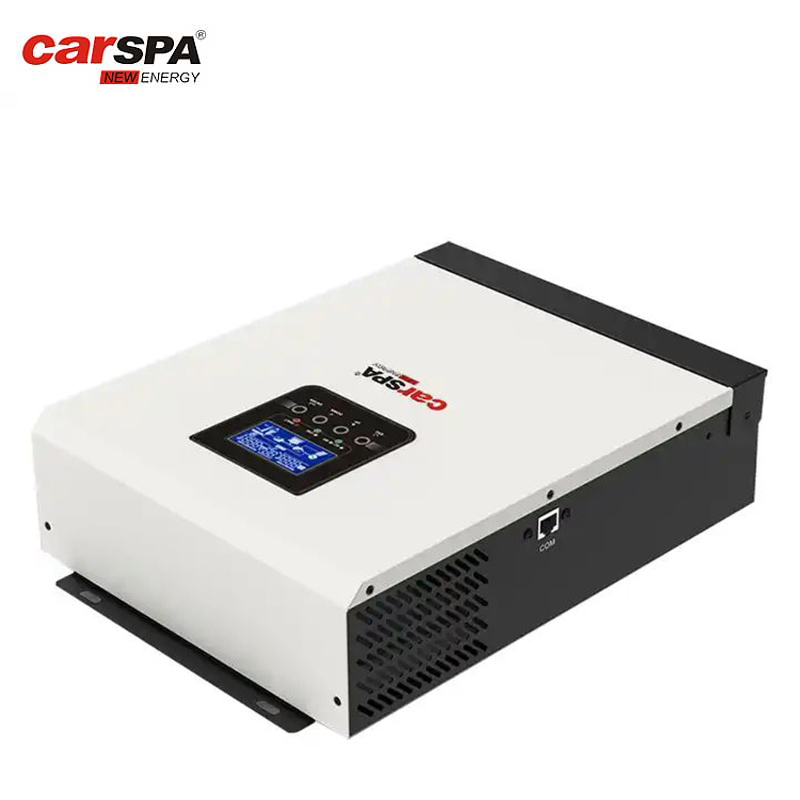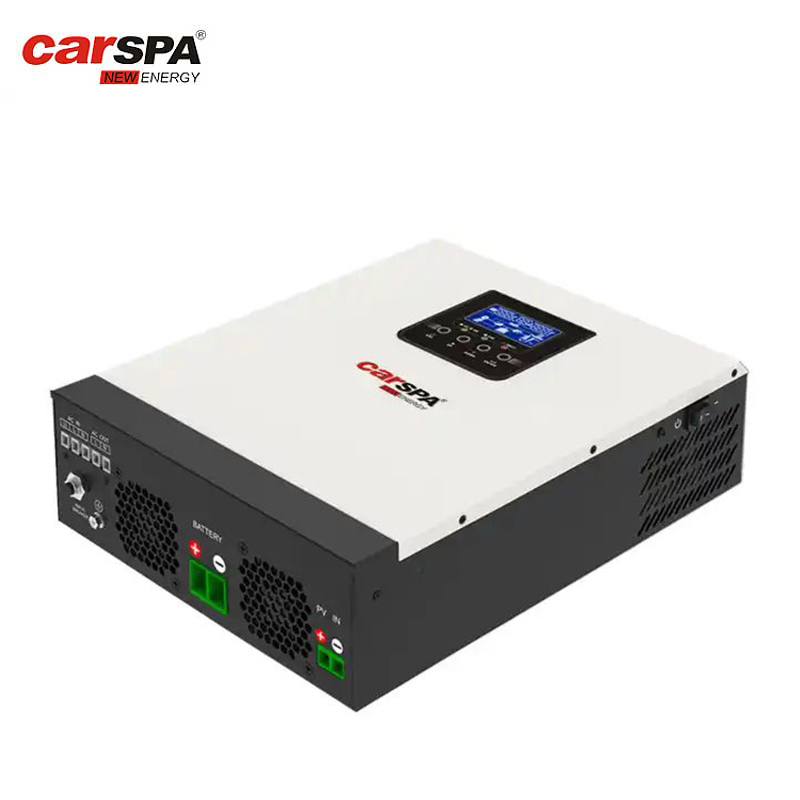What is Distributed Energy Storage?
Energy storage has always been a critical challenge in the energy industry. With the growing adoption of renewable energy and the transformation of energy systems, there is a need to find a flexible and reliable way to store and harness energy.
In this regard, distributed energy storage has emerged as a promising solution. So, what exactly is distributed energy storage? How is it defined? Let us delve into this concept and explore the potential it holds for our energy future.
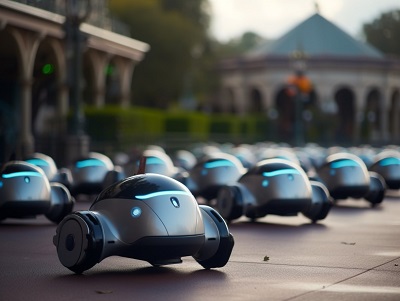
What is distributed energy storage?
Distributed energy storage refers to a fascinating concept in the field of energy where energy is stored in a decentralized manner across various locations within a power system. Distributed energy storage represents a shift from traditional centralized energy storage models, allowing for more flexibility and efficiency in energy management.
In simple terms, distributed energy storage involves capturing and storing energy in smaller-scale systems located closer to the point of consumption or generation, enabling greater control and optimization of energy resources.
What are the components of distributed energy storage?
Within a distributed energy storage system, several key components work together harmoniously.
1. Energy storage devices
Energy storage devices, such as batteries and capacitors, play a crucial role in storing electrical energy for later use.
2. Power conversion systems
power conversion systems ensure that energy is efficiently converted between different forms (e.g., AC to DC or vice versa) to match the specific requirements of the power system.
3. Control and management system
Control and management systems act as the brain of the distributed energy storage system, regulating the flow of energy, monitoring performance, and ensuring smooth operation.
4. Communication and monitoring systems
Communication and monitoring systems provide real-time data and feedback, enabling optimal coordination and control of the distributed energy storage resources.
How does distributed energy storage work?
The operation of distributed energy storage systems revolves around capturing excess energy during periods of high supply or low demand. This energy is stored within the distributed storage units for later use.
When demand exceeds supply or during peak consumption periods, the stored energy is discharged, effectively balancing the energy flow and ensuring a stable power supply.
Why choose distributed energy storage?
One of the key advantages of distributed energy storage is its integration with renewable energy sources.
By capturing and storing energy from intermittent renewable sources like solar or wind, distributed energy storage helps overcome the challenge of variable energy generation and ensures a steady supply of clean energy to the grid.
What are the advantages of distributed energy storage?
1. Energy supply during power outages or interruptions
First, distributed energy storage enhances the resiliency and reliability of the grid by providing local backup power during blackouts or disruptions.
2. Achieve load balancing
Distributed energy storage can also enable load balancing, optimizing energy use and reducing stress on the grid during peak demand periods.
3. Support the integration of renewable energy into the power grid
Distributed energy storage plays a vital role in supporting the integration of renewable energy into the grid, smoothing out fluctuations and promoting a more sustainable energy system.
What are the applications of distributed energy storage?
1. Family
Residential energy storage systems, such as home battery solutions, empower individuals to store excess energy generated from solar panels and use it later, reducing reliance on the grid and maximizing self-consumption of clean energy.
2. Business
Commercial and industrial sectors can benefit from distributed energy storage by managing peak demand, reducing energy costs, and improving overall energy efficiency.
3. Power supply
Microgrids, which are localized grids that can operate independently or in parallel with the main grid, often employ distributed energy storage to ensure uninterrupted power supply, especially in remote areas or during emergencies.
What is the future trend of distributed energy storage?
1. Improve performance and cost-effectiveness
Ongoing research and development efforts are focused on improving the performance and cost-effectiveness of distributed energy storage technologies. include:
(1)Battery chemistry
(2) Energy management algorithm
(3) Progress in system integration technology.
2. Innovation in materials and manufacturing processes
Innovations in materials and manufacturing processes aim to increase energy storage capacity, extend service life and reduce the environmental impact of distributed energy storage systems.
3. Smart grid technology and artificial intelligence
Integrating smart grid technology and artificial intelligence into distributed energy storage systems promises more sophisticated control and optimization, further maximizing their potential benefits.
In conclusion
As an innovative energy management method, distributed energy storage brings many opportunities and challenges to the energy industry.
By storing energy in multiple locations, distributed energy storage provides greater flexibility and reliability while supporting the large-scale integration of renewable energy.
However, there are still many areas that require further research and development to overcome challenges related to cost, technology and market dynamics.
As advancements and innovative breakthroughs continue, distributed energy storage will continue to play an important role in paving the way for a more sustainable energy future.


